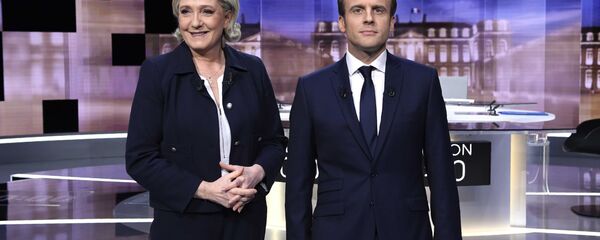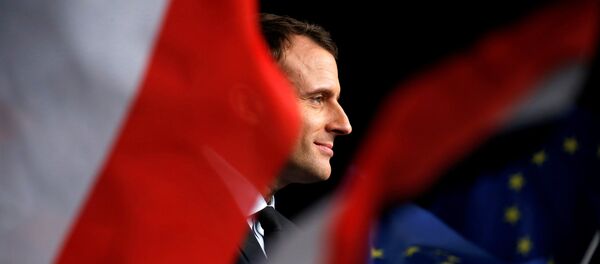Dr. Nick Parsons, Reader in French, at the University of Cardiff and Dr. Paul Smith, Associate Professor of French and Francophone Studies at the University of Nottingham join the program.
The issue of sovereignty is discussed in terms of economics. Dr. Parson says that in the past France would have simply stopped certain jobs leaving France, but the problem is overstated. Over the past few decades, France has lost 2 million jobs but only 15% of these are due to globalization. Le Pen, however, is saying that the jobs have been lost because of globalization. Dr. Smith sees that the role of the State in France has always played a much larger role than in many other European countries. There are people right across the political spectrum in France, Dr. Smith says, who believe that the ability of the government to step in and do things is something that should be reinstated.
We'd love to get your feedback at radio@sputniknews.com.
Have you heard the news? Sign up to our Telegram channel and we'll keep you up to speed!



